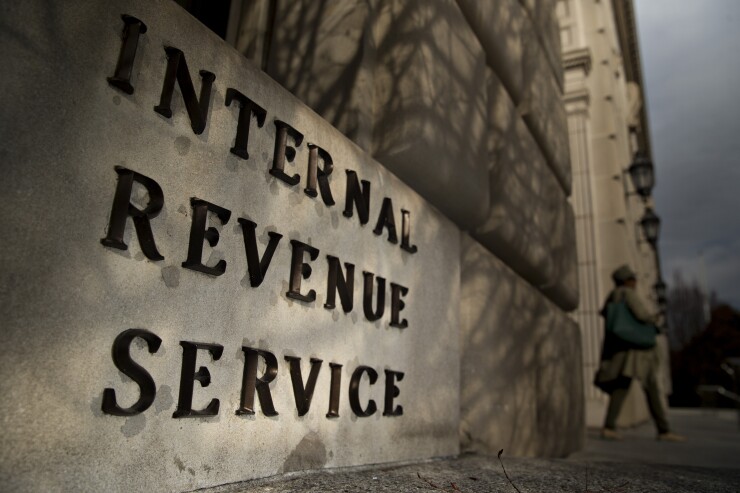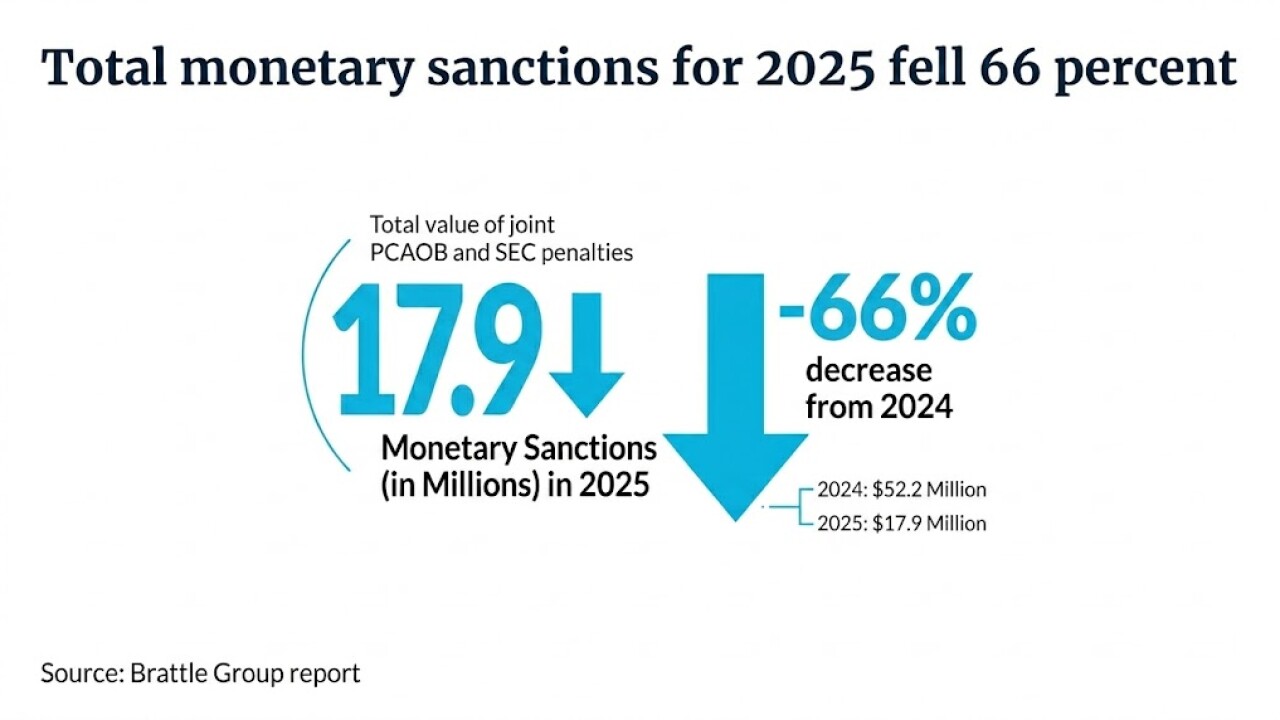The Internal Revenue Service has issued its annual notice providing adjustments to the limitation on housing expenses at various locations abroad.
The adjustments in

Section 911(a) of the Tax Code allows eligible taxpayers to opt to exclude from their gross income the foreign earned income and the housing cost amount. The housing cost amount generally includes the total of the housing expenses for the taxable year, minus a base housing amount. For this purpose, the housing expenses taken into account are limited to an amount tied to the maximum foreign earned income exclusion. Specifically, the limit on those housing expenses equals 30 percent of the maximum exclusion amount (computed on a daily basis), multiplied by the number of days in the applicable period that fall within the taxable year.
“Thus, under this general limitation, a qualified individual whose entire taxable year is within the applicable period is limited to maximum housing expenses of $30,630 ($102,100 x .30) for 2017,” said the IRS. “Similarly, the computation of the base housing amount is also tied to the maximum foreign earned income exclusion. Specifically, the base housing amount is 16% of the maximum exclusion amount (computed on a daily basis), multiplied by the number of days in the applicable period that fall within the taxable year.”
If the entire taxable year of a qualified individual falls within that period, the base housing amount for 2017 would be $16,336 (or $102,100 x .16).
The IRS and the Treasury Department have been publishing annual notices about the limitation on the section 911 housing cost amounts since tax year 2006. For more information, see the
South Sudan Added to IRS List
Along with the notice on foreign housing expenses, the IRS also issued
Generally, the IRS noted, U.S. citizens or resident aliens who are living and working abroad are taxed on their worldwide income. However, if their tax home is in a foreign country and they meet either the bona fide residence test or the physical presence test, they can opt to exclude from their income a limited amount of their foreign earned income (which is $101,300 for 2016). Both the bona fide residence and physical presence tests include minimum time requirements.





